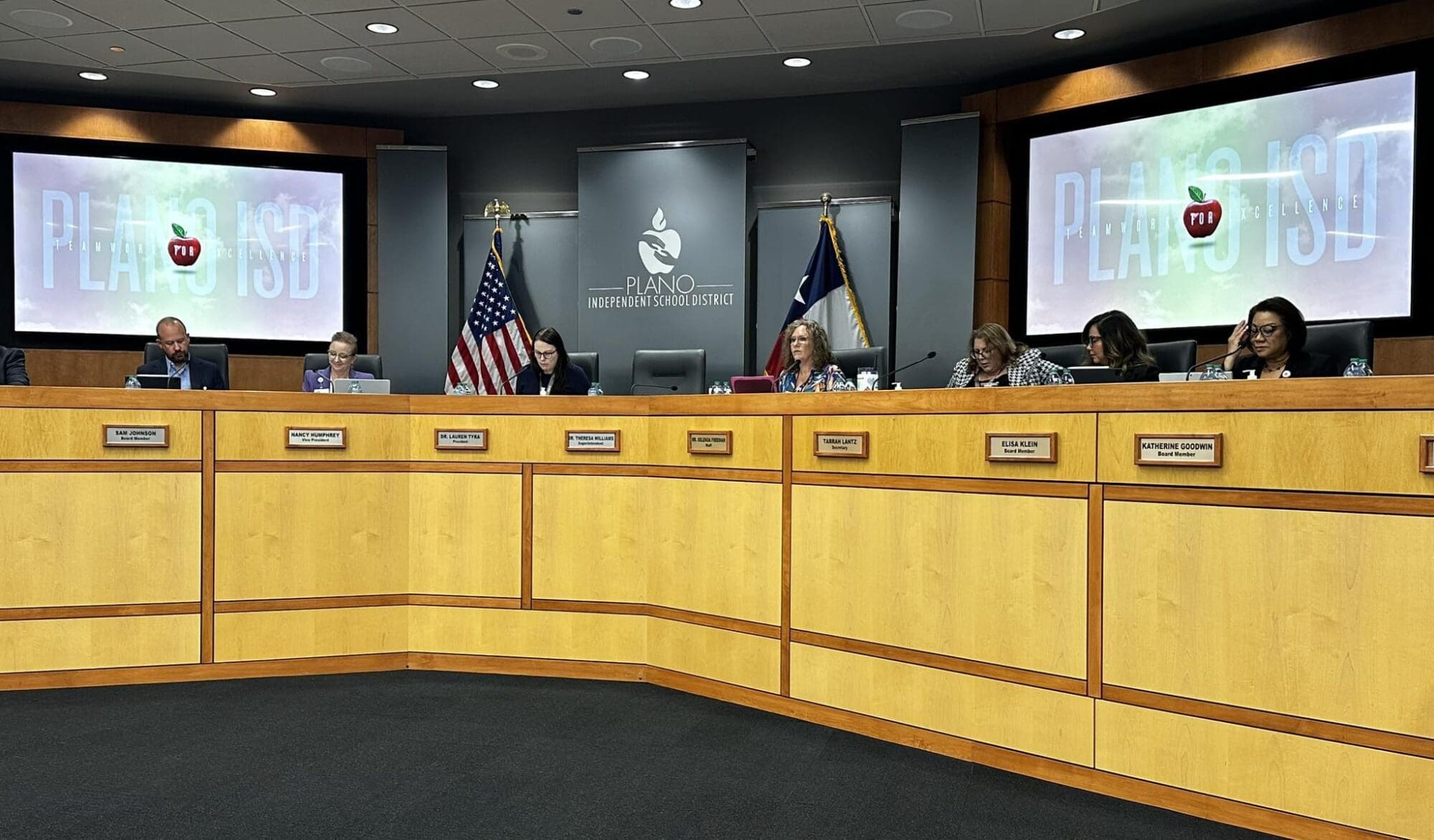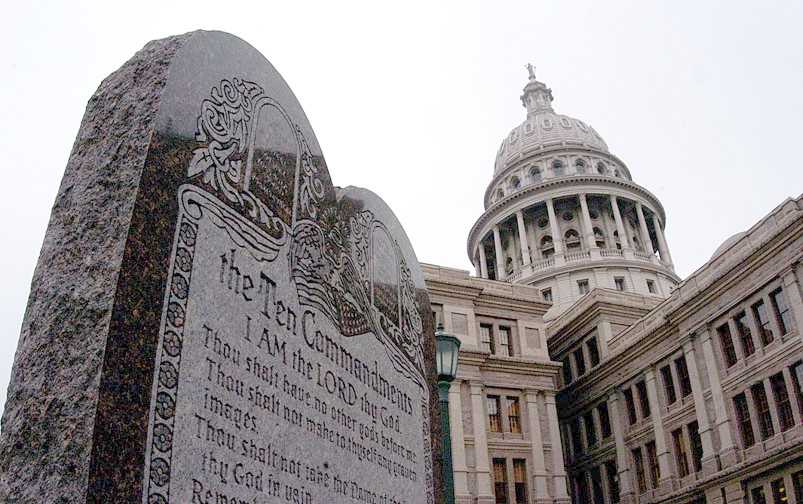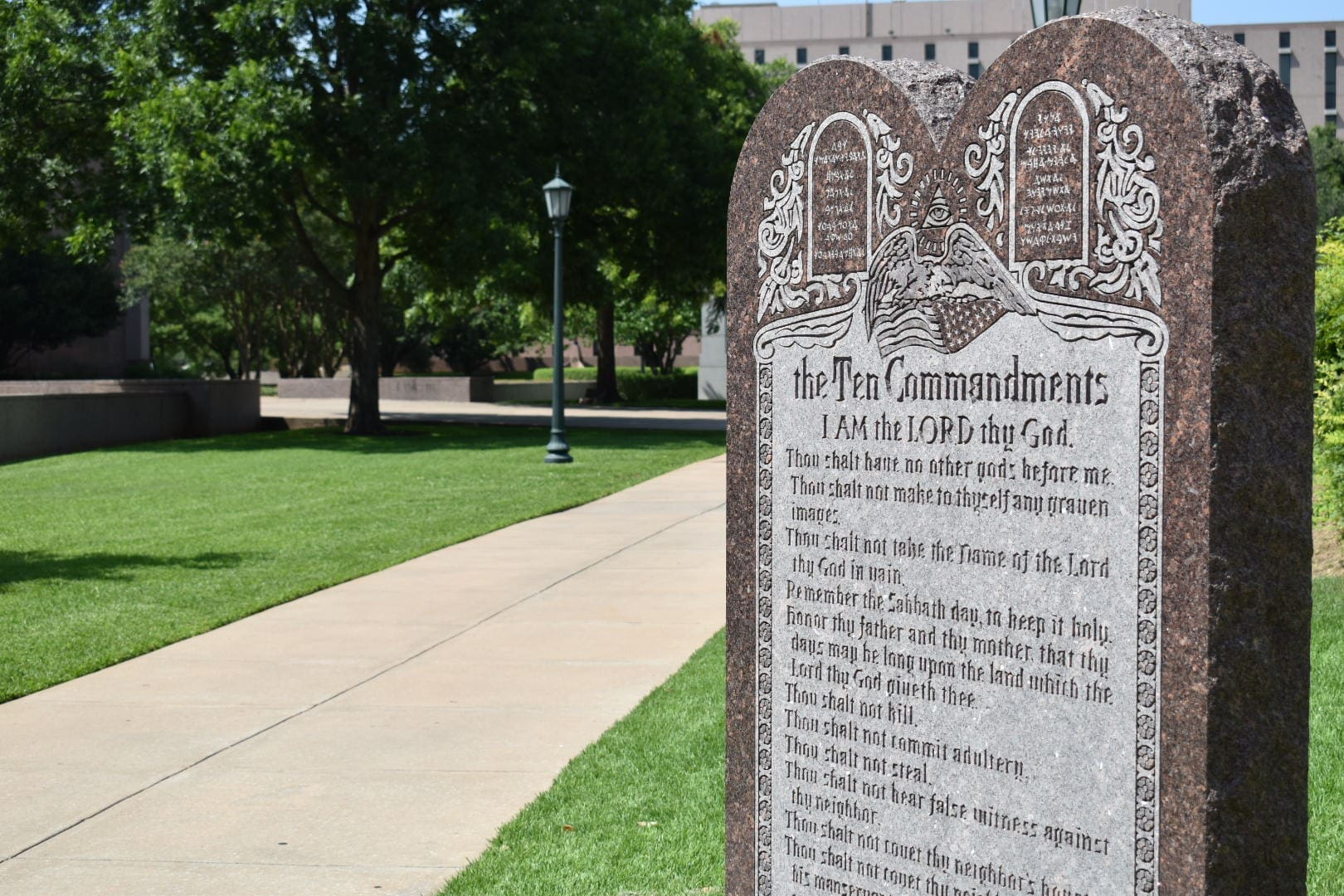Starting in September, the size of severance payments to school superintendents will be limited, saving Texas taxpayers money and eliminating costly penalties on excessive payouts.
Severance payments have been skyrocketing in recent years, along with superintendents’ salaries.
Senate Bill 2237, authored by State Sen. Paul Bettencourt (R–Houston) and signed into law by Gov. Greg Abbott, limits tax-funded severance payments for superintendents and other local government executives to no more than 20 weeks’ worth of their compensation at the time of termination.
SB 2237 also prohibits providing severance pay when an executive employee is terminated for misconduct.
The new law takes effect on September 1.
Similar legislation set to take effect in September applies the same severance restrictions to all local government employees and contractors.
Both measures require local governments to post severance agreements in a “prominent place” on their websites.
Current state law requires the Texas Education Agency to reduce school districts’ Foundation School Program funds by the amount that any severance payments exceed one year’s worth of a superintendent’s salary and benefits.
TEA data obtained by Texas Scorecard shows that from January 2018 through March 2025, 28 school districts had their FSP funds reduced by a total of $1.99 million due to excessive superintendent severance payments.
Data going back to 1995 shows school districts lost a combined $6.2 million in state funding due to excess superintendent payouts.
The largest penalties were paid by Katy Independent School District ($513,755 in 2018), Fort Worth ISD ($226,433 in 2022), Beaumont ISD ($146,030 in 2019), and Allen ISD ($107,612 in 2020).
Some six-figure payouts failed to trigger FSP reductions because the superintendents’ base salaries were so high.
Harlingen CISD Superintendent J.A. Gonzalez’s compensation totaled $403,978 when he was allowed to resign last September over unexplained “serious issues” and was paid a severance of $264,262.
Lake Travis ISD Superintendent Paul Norton’s baseline compensation was $475,462 when he was allowed to resign in February amid mysterious misconduct allegations with severance pay of $158,098.
Other superintendents’ severance payments were not yet on the books at the time the TEA data was requested.
Fort Worth ISD agreed to pay Superintendent Angelica Ramsey nearly $1 million in exchange for her resignation last September, although her official resignation date is August 30, 2025.
That huge payout followed FWISD’s decision to allow its previous superintendent, Kent Scribner, to retire early in 2022 with an $800,000 severance payment that cost the district an additional quarter-million dollars in reduced FSP funds.
Grand Prairie ISD was recently required to disclose details of a secret separation agreement with Superintendent Jorge Arredondo, revealing he was paid a severance of $355,324. His taxpayer-funded salary at the time he “voluntarily separated” from the district in March was $317,000.
In late June, South San Antonio ISD trustees agreed to pay their former superintendent a year’s salary of $280,000 after he was ousted as part of a TEA takeover of the district.
TEA will calculate what, if any, FSP reductions those districts will incur.
The rising cost of superintendent salaries, along with other taxpayer-funded benefits and bonuses approved by elected school board trustees, is an ongoing issue for taxpayers in school districts across Texas.
Over the past several years, superintendents’ salaries have continued to climb, even as students’ academic performance has fallen.
For the 2024-25 school year, 100 superintendents received base salaries of $300,000 or more, with 10 topping $400,000—more than the president of the United States.
No ads. No paywalls. No government grants. No corporate masters.
Just real news for real Texans.
Support Texas Scorecard to keep it that way!





